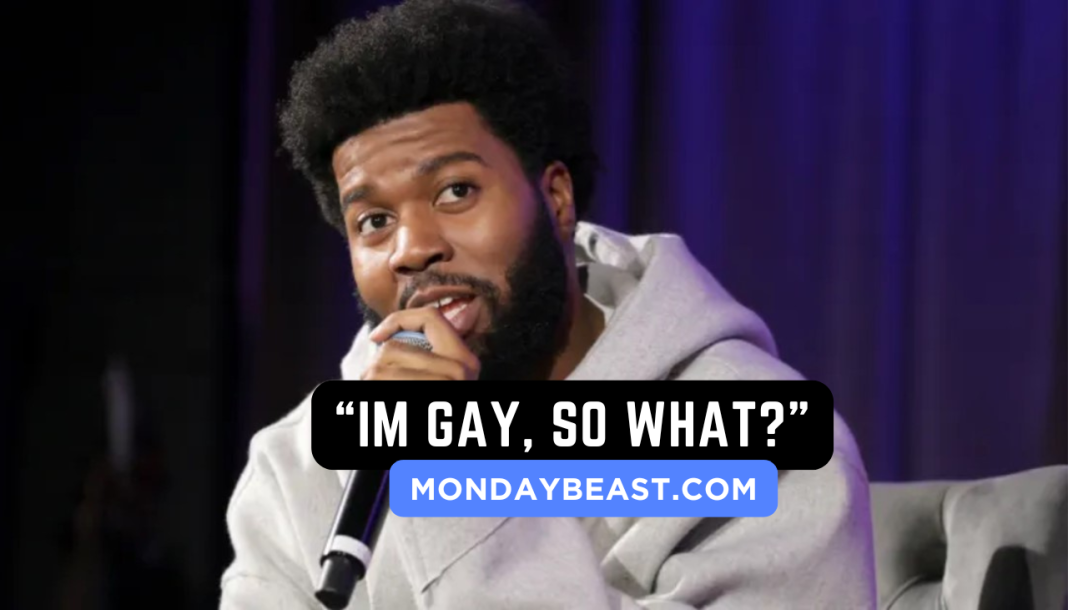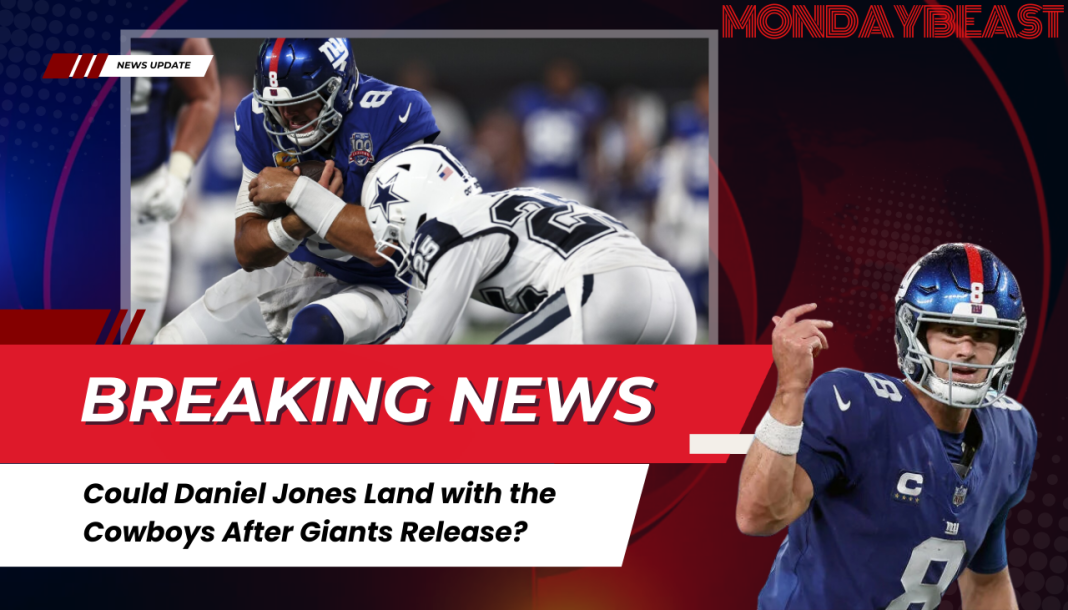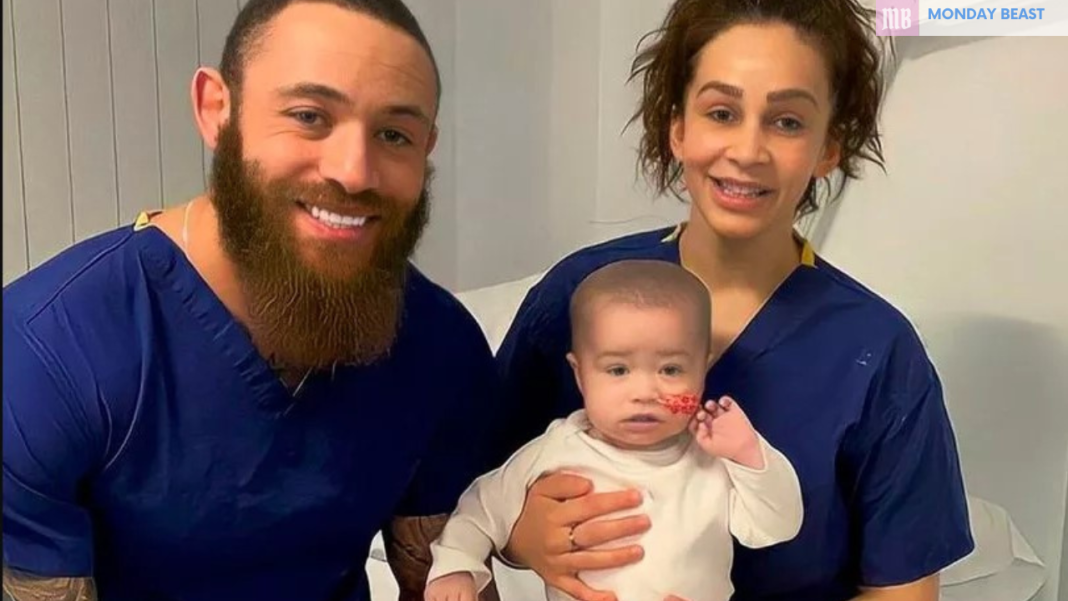In a world where privacy often feels elusive, some stories demand to be shared. Khalid’s recent announcement about his sexuality is one such narrative. It raises important questions about identity, public perception, and the courage it takes to be true to oneself. What does it mean for an artist to come out in this charged climate?
Khalid, the 26-year-old singer, confirmed his sexuality openly on social media. After being outed by fellow artist Hugo D. Almonte, Khalid didn’t shy away from responding directly. With the simple yet powerful words, “I am! And that’s okay,” he made waves. It’s a response that many can appreciate—he acknowledged the moment without losing his sense of self.
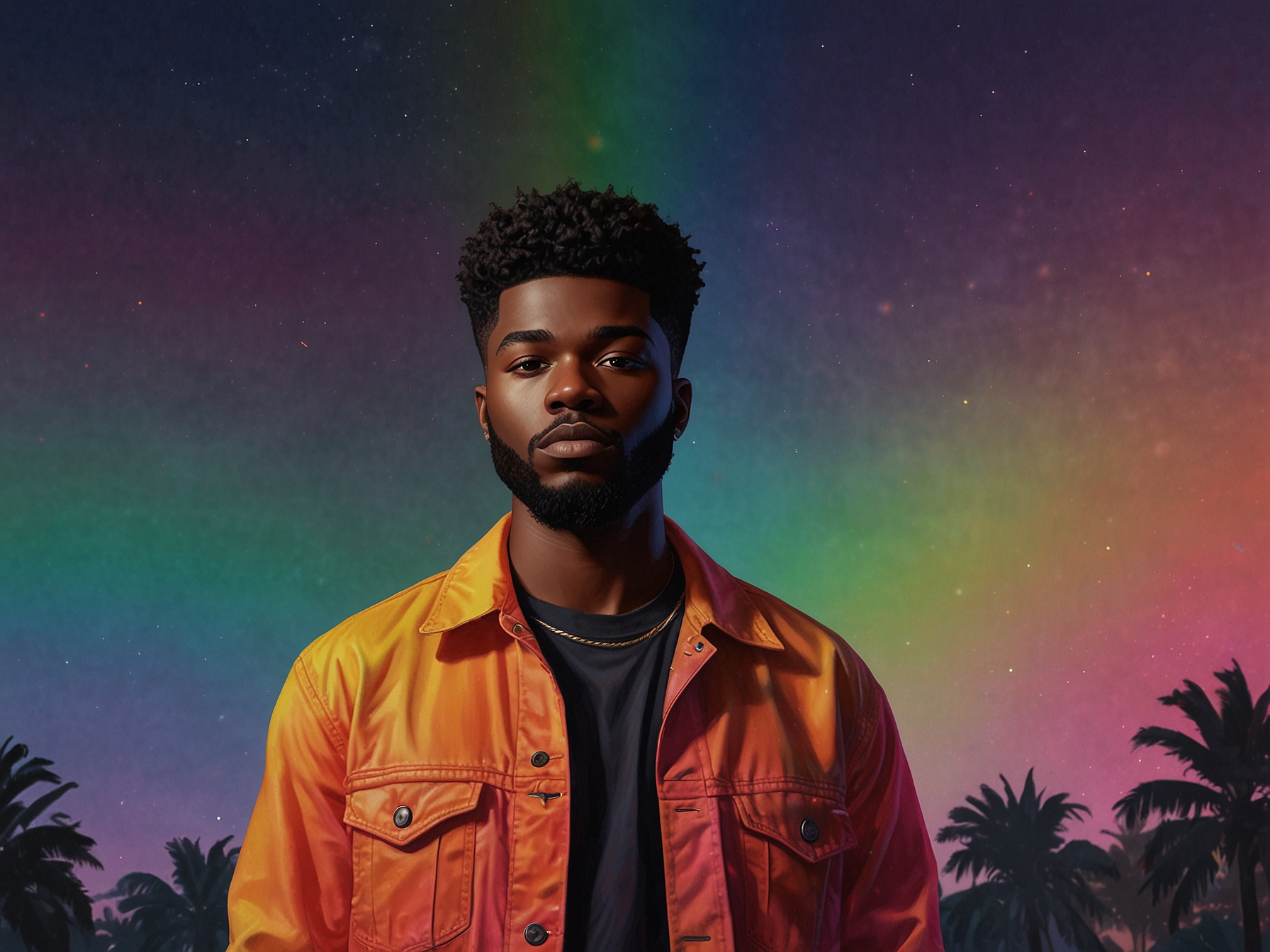
But let’s step back a moment. Being outed can feel like a betrayal. It thrusts individuals into the spotlight without their consent. Khalid’s message that he was “never hiding” highlights a common experience within the LGBTQ+ community.
Many find themselves navigating a world that often intrudes on personal matters. When the discourse shifts to their identity, it’s often met with misunderstanding or even outright hostility. The response to Khalid’s revelation has been overwhelmingly supportive, with fans rallying around him.
Social media platforms have seen a flurry of excitement. Yet, not everyone reacted positively. Almonte faced backlash, with queer British artist MNEK calling his actions “loser behavior.” This dichotomy illustrates the tension in the arts community regarding how personal stories are shared and the ethics of coming out.
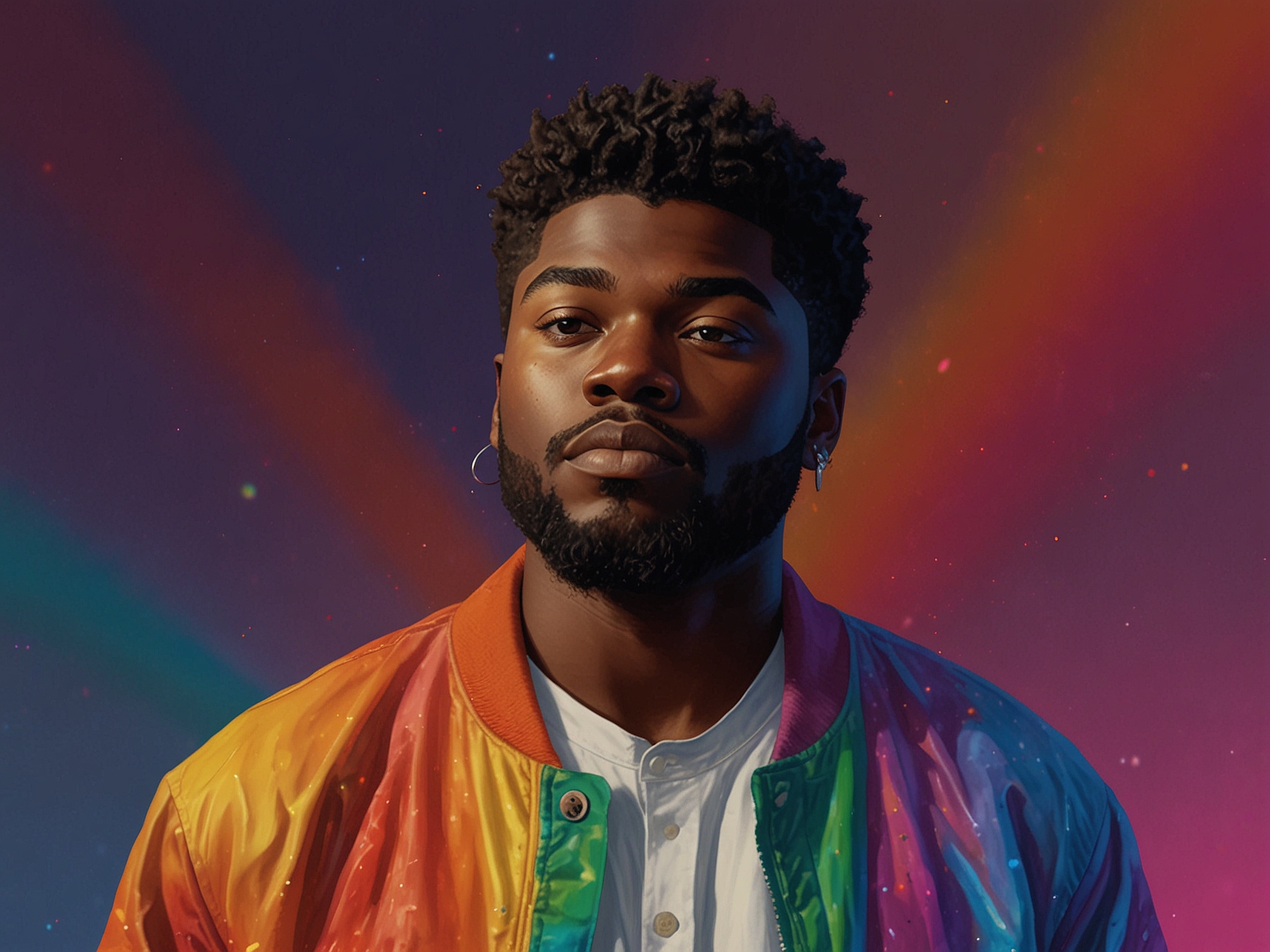
Khalid’s path has been one marked by significant success. With hits like “Love Lies” and “Eastside,” he has cemented himself as a notable figure in music. But navigating fame as a queer person comes with its challenges.
How does the industry balance the celebration of artists while allowing them to maintain their privacy? The aftermath of Khalid’s post should not be overlooked. He insisted, “It ain’t nobody’s business,” a statement reflecting a universal sentiment many in the LGBTQ+ community feel.
Though his announcement opened a door for dialogue, it also surfaces deeper questions. How should we respect the privacy of out celebrities? How can we celebrate visibility without compromising individual stories?
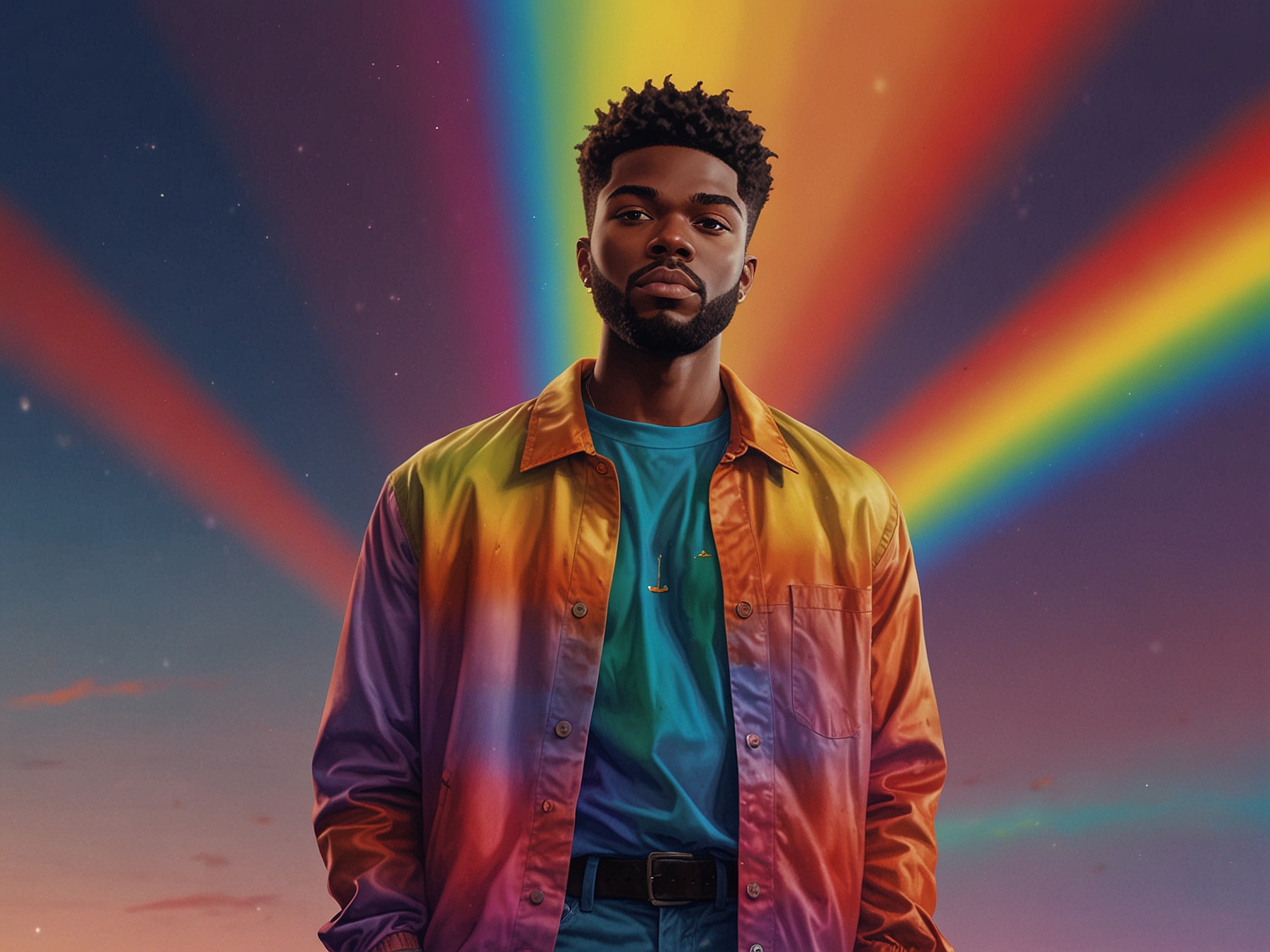
As we examine Khalid’s journey, it becomes clear that his courage in being open has made an impact. The conversations surrounding his announcement serve as a reminder of how far we’ve come and how far we still need to go. Initiatives to support LGBTQ+ artists must extend beyond just a moment of applause—they should foster an environment of acceptance.
Take a moment to reflect. How do stories like Khalid’s resonate with you? Do they give you strength to be who you are? Perhaps, in witnessing his journey, we feel emboldened to share our narratives, to express ourselves without fear.
In Khalid’s words, let’s strive to be supportive and understanding, allowing space for every individual’s journey. Ultimately, Khalid’s story is a celebration of authenticity. His assurance that “I am okay with me” resonates deeply, inviting us all to embrace our truths.
In a world that sometimes feels divided, perhaps the key lies in acceptance, compassion, and understanding towards others’ journeys. Let this be a reminder: It’s okay to be unabashedly yourself.

